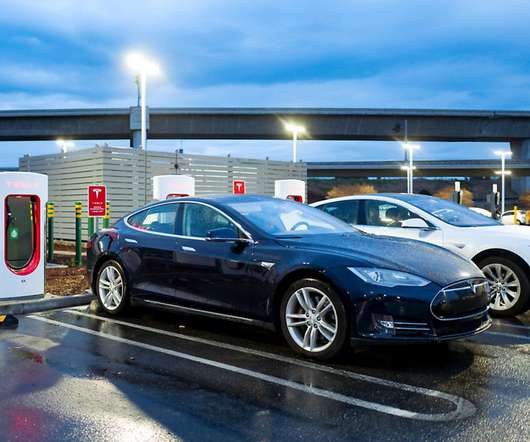Nissan adding new 2.0L turbo to Skyline lineup in Japan
Green Car Congress
MAY 27, 2014
Now, in Japan, Nissan Motor Co., has launched the New Skyline 200GT-t (the next-generation turbo model) featuring a high-power, fuel-efficient lightweight turbocharged gasoline engine with maximum power output of 155 kW?(208 Nissan is targeting sales in Japan of 200 units per month. Earlier post.)
















Let's personalize your content